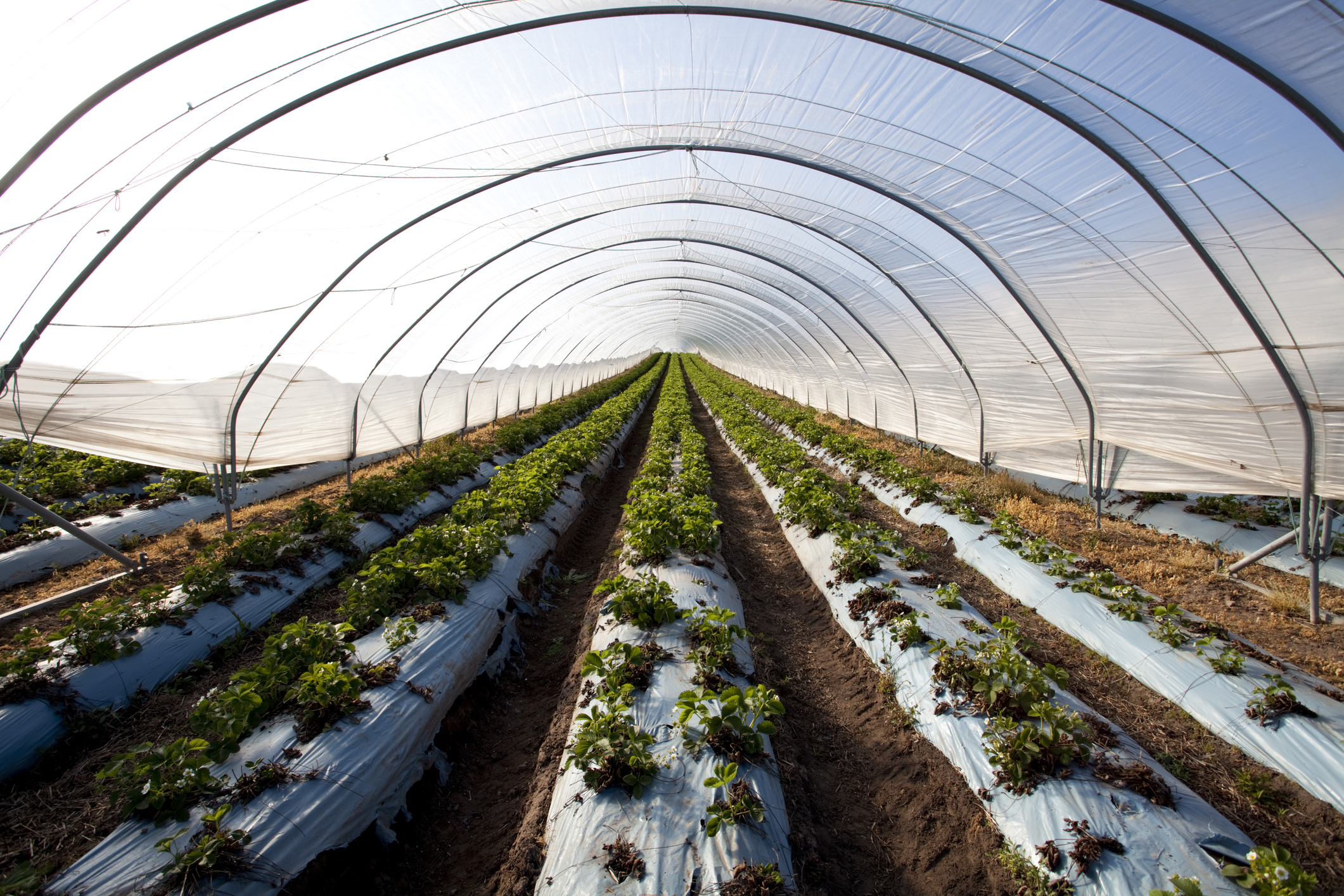Multi-material plastic solutions are transforming farming by combining different types of plastics, each with unique benefits. These innovative products help farmers grow crops more efficiently and sustainably.
One major benefit of multi-material plastic solutions for farming is their flexibility. These materials can be made for various applications, including irrigation systems and greenhouses, to suit different climates and conditions.
Additionally, these plastics tend to be more durable than traditional materials, which means farmers can save money over time by investing in long-lasting products. This durability leads to less frequent replacements, making farming operations more cost-effective in the long run. Overall, multi-material plastic solutions for farming offer farmers a versatile and sustainable way to enhance their agricultural practices.
Multi-Material Plastic Solutions Advantages for Farming
- Enhanced Durability (Durable Custom Plastic Parts)
Custom plastic parts are specifically designed components made from various types of plastics with multi-material plastic molding, tailored to meet the unique requirements of farming equipment. These parts can include anything from specialized fittings and housings to protective covers and structural supports. In agriculture, Custom plastic parts for farming equipment are integrated into machinery such as tractors, harvesters, and irrigation systems, enhancing their functionality and efficiency.
The durability of these custom plastic parts is a significant advantage over traditional materials like metal or wood. Plastics are resistant to corrosion, rust, and rot, which are common issues with metal and organic materials. This resistance translates to a longer lifespan, reducing the frequency of replacements and repairs. For instance, plastic components can withstand harsh weather conditions, chemicals, and physical wear, making them ideal for the demanding environment of agricultural operations.
- Cost Reduction
Utilizing Multi-material plastic solutions for farming can lead to substantial cost savings for farmers. By replacing traditional materials with advanced plastics, farmers can lower their overall equipment costs. The initial investment in custom plastic parts may be higher, but the long-term savings are significant. These savings stem from reduced maintenance needs and the longevity of the parts. For example, plastic components do not require regular painting or rust-proofing, which can be costly and time-consuming.
Moreover, the lightweight nature of plastic parts reduces the overall weight of farming equipment. This reduction can lead to lower fuel consumption and decreased wear on machinery, further contributing to cost savings over time.
- Optimizing Equipment Performance
Custom plastic parts for farming equipment are essential for improving how well the machinery works. They can be engineered to enhance specific functionalities, such as improving airflow in engines or providing better seals in hydraulic systems. This optimization leads to increased efficiency, productivity, and reliability of farm machinery.
For example, in irrigation systems, custom plastic fittings can ensure a tight seal, preventing leaks and ensuring that water is delivered efficiently to crops. This efficiency not only conserves water but also improves crop yields by ensuring that plants receive the optimal amount of moisture.
- Lightweight Design
The lightweight design of multi-material plastic parts significantly enhances equipment mobility and ease of use. Lighter machinery is easier to maneuver in the field, allowing for more efficient operation and reduced labor costs. Farmers can transport equipment more easily between fields, which is particularly beneficial during peak seasons when time is of the essence.
Additionally, lighter equipment contributes to reduced fuel consumption. When machinery is lighter, it requires less energy to operate, leading to lower fuel costs and a smaller carbon footprint. This aspect is increasingly important as farmers seek to improve the sustainability of their operations.
- Customization
One of the standout features of multi-material plastics is their ability to be customized for specific farming needs. This customization allows for better fitting and improved functionality of parts, tailored to the unique requirements of different farming practices and crops. For instance, a farmer growing specific types of vegetables may require specialized trays or containers that promote optimal growth conditions.
This tailored approach not only enhances the performance of farming equipment but also allows farmers to innovate and adapt their tools to meet changing agricultural demands. Custom solutions can lead to improved operational efficiency and better crop management.
- Environmental Impact
Multi-material plastics are used in the agriculture industry and can help improve environmental sustainability in farming. By reducing the need for traditional materials, which often have a higher carbon footprint, farmers can lower their overall environmental impact. Additionally, many modern plastics are designed to be recyclable or biodegradable, further minimizing waste.
Multi-material plastic solutions for farming contribute to sustainable practices by improving resource efficiency. For example, plastic mulch films conserve soil moisture, minimizing irrigation needs and enhancing overall water management in agriculture.
- Moisture Retention
Multi-material plastics are particularly effective in conserving soil moisture, which is critical for crop health, especially in arid regions. Plastic mulch films create a barrier that reduces evaporation, helping to maintain optimal moisture levels in the soil. This moisture retention is vital for crops, as it ensures they have access to the water they need to thrive, particularly during dry spells.
By improving soil moisture retention, these materials can enhance crop yields and reduce the risk of crop failure due to drought conditions. This is especially beneficial for farmers in regions where water scarcity is a significant concern.
- Versatility in Applications
The versatility of multi-material plastics allows for a wide range of applications in farming equipment. Multi-material plastic solutions from plastics manufacturers for agriculture offer versatility, adaptability, and suitability for a wide range of farming uses, from irrigation systems to greenhouse coverings and protective gear.
For example, plastic pipes used in irrigation systems can be designed to fit specific layouts, ensuring efficient water distribution across fields. Similarly, plastic coverings for greenhouses can be tailored to optimize light transmission and temperature control, creating ideal growing conditions for a variety of plants.
This adaptability not only enhances the functionality of farming equipment but also allows farmers to implement innovative practices that can lead to increased productivity and sustainability.
Conclusion
Multi-material plastic solutions for farming offer numerous advantages for farmers. These innovative materials provide enhanced durability, cost savings, optimized equipment performance, lightweight design, customization options, and environmental benefits. By conserving soil moisture and adapting to various farming applications, multi-material plastics contribute to more sustainable and efficient agricultural practices.
As an agricultural plastic solutions provider, we believe that adopting these innovative technologies can help farmers improve their operations, increase productivity, and reduce their environmental impact. Consider exploring the possibilities of multi-material plastic solutions for farming practices and experience the transformative power of these innovative materials.



